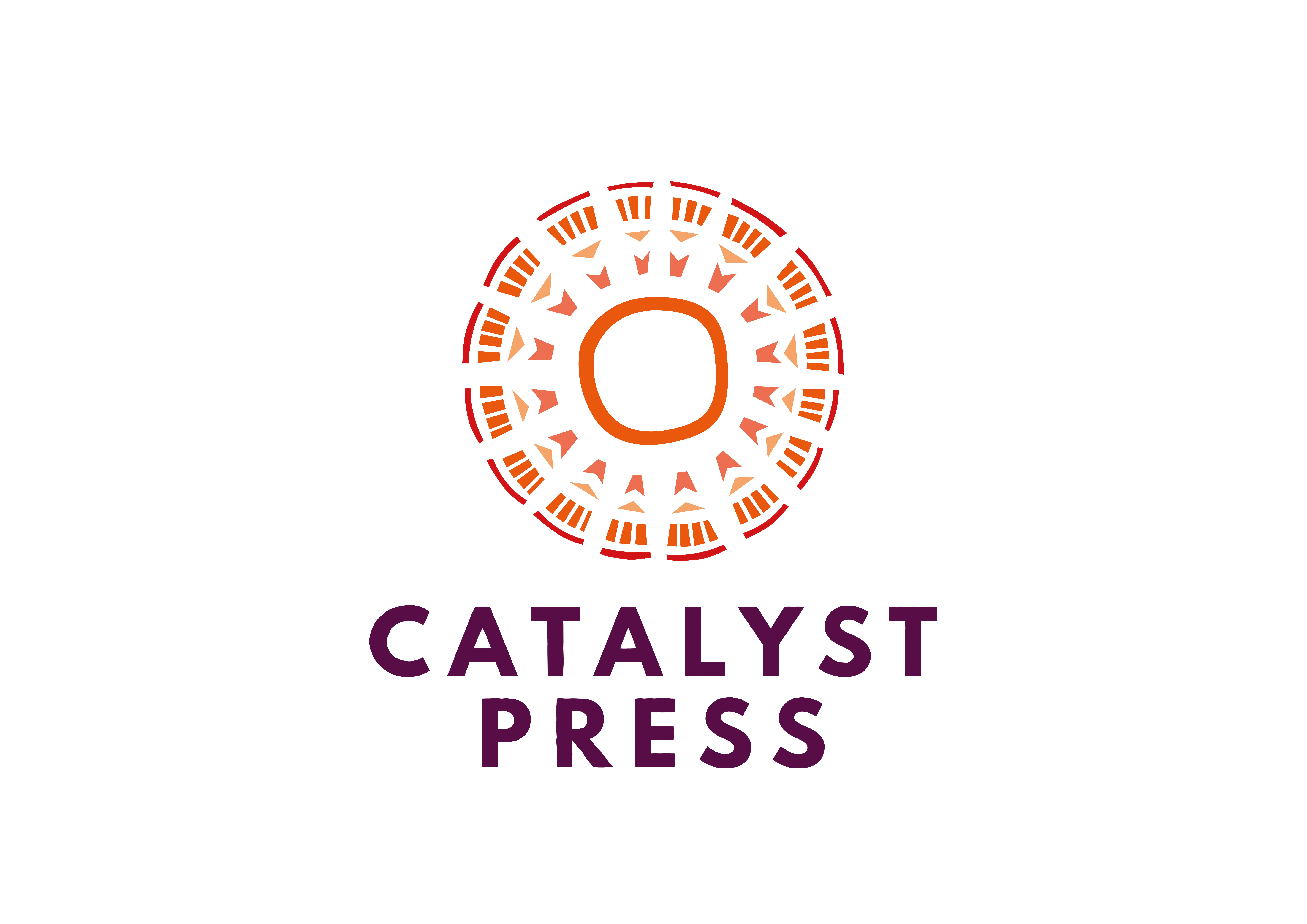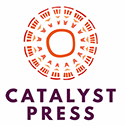Here’s a little something for the comics lovers. Michigan State University is hosting “Beyond the Black Panther: Visions of Afrofuturism in American Comics,” a virtual exhibit exploring “how themes such as aesthetics, Black feminism, and community, common to Afrofuturism, shape contemporary Black comics.”
And speaking of Afrofuturism, check out this great article at LitHub— Emily Lordi talks with pioneering musician Nona Hendryx: “There’s a whole group of speculative fiction nerd people, of which I count myself one,” who connect online and eventually collaborate—“you sort of come out of your Afrofuturism closet at some point and go ‘Ah, yes, I am just a nerd as well! I may look like this,’” she said, gesturing at her glamorous self, “‘but this is what I am.’”
Seeing yourself and your stories in the media is such a valuable and important thing. In this article from Smithsonian magazine, a profile of children’s book author Alicia D. Williams on writing the stories she wished she could see as a child. On the importance of sharing these stories with young readers, Williams says, “They’re in control of the information when they write the narrative themselves, from their point of view, instead of accepting what’s been told to them. Give them the information, and they’re the storytellers. That’s what I want.”
A wonderful and always timely project, Black and Asian Feminist Solidarities, a collaboration between Black Women Radicals and the Asian American Feminist Collective, “looks to Black and Asian American feminist histories, practices, and frameworks on care, community, and survival for the tools and strategies to continue to build towards collective liberation.” There are reading lists, interviews, articles, and more. And over at the Atlantic, an interview with author Cathy Park Hong on the wave racist attacks against Asian people.
Want to explain vaccines to a kid in your life? A new graphic novel might be just the thing. But as this New York Times article points out, the form that book takes— physical or digital— might matter. “Print makes it easier for parents and children to interact with language, questions and answers, what is called “dialogic reading.” Further, many apps and e-books have too many distractions.”

In Catalyst news, this month Catalyst founder/publisher Jessica Powers hits the digital stage of the Dallas Literary Festival as part of a panel on small presses on at Charles M. Blow, Joy Harjo, and Deesha Philyaw. Check out the full schedule of events at their website.

